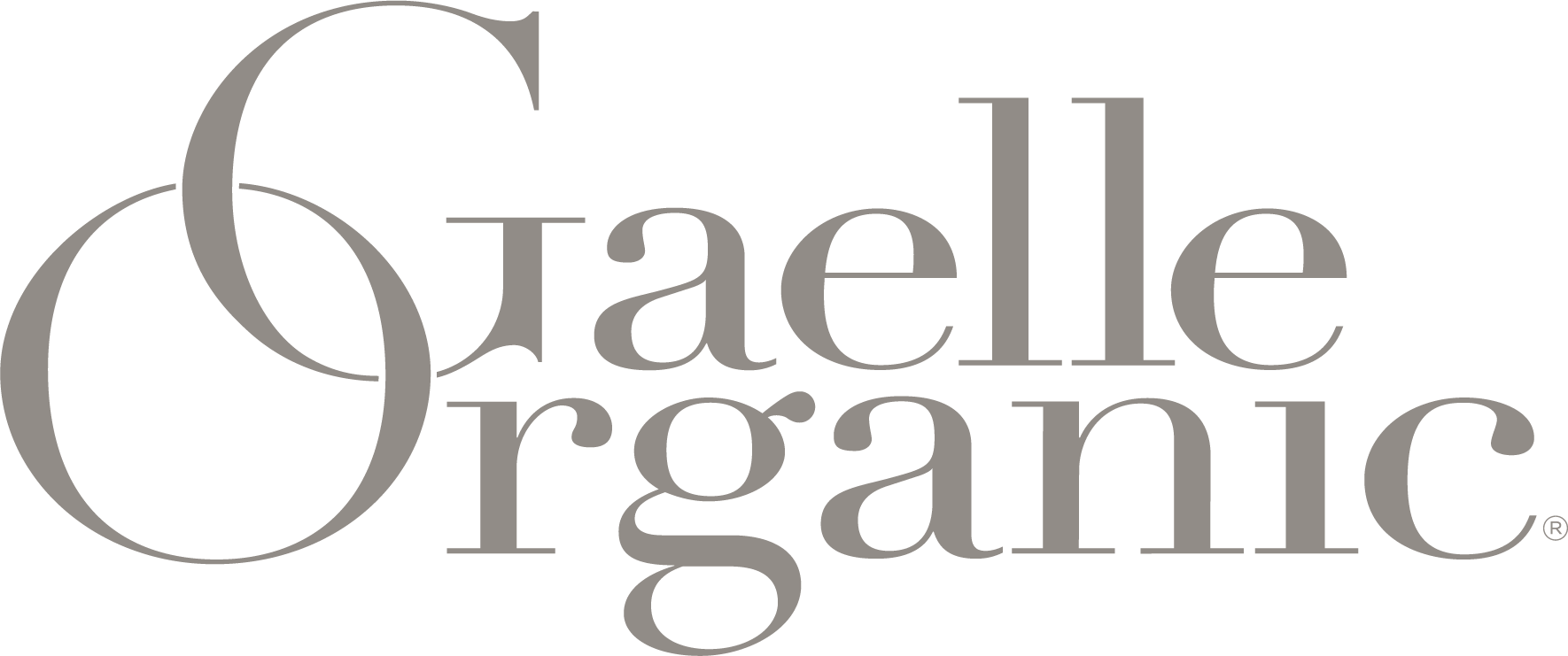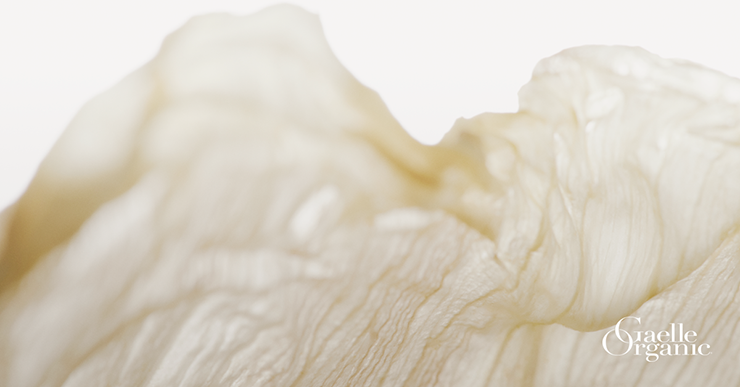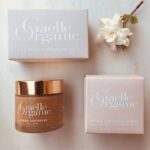Demand for quality organic skincare is on the rise! It all started with concern about the quality of our food supply, a movement that flourished as we questioned what we were putting in our bodies.
But, our curiosity didn’t stop there.
Drug manufacturers are required by the FDA to prove their products are “safe and effective” but there is no such requirement for personal care products. U.S. consumers are on their own. Even if you are a toxicologist, it is difficult to figure out what is “safe” given that manufacturers are permitted to hide ingredients they do not want to disclose (under the headings “fragrance” or “parfum”). We began to learn that chemicals contained in personal care products can cause us harm and that chemicals we put on our skin find their way into our bodies.
In contrast, products that are certified-organic by competent third-parties will be free of harmful synthetic chemicals, making organic skincare the clearly “safe” choice. But is it also the “effective” one?
There is a whole range of formulations within organic skincare, catering to different skin types and budgets. Results will definitely vary! However, one indication of quality is the presence of alcohol in the ingredient list. Alcohol is harsh and drying, but due to restrictions of the U.S. organic standard, it is often the only effective preservative that is available to formulators.
This is why at Gaelle Organic, we aligned with Ecocert, Europe’s largest organic certifier, and one with a specific standard for organic cosmetics. The Ecocert organic cosmetics standard enables organic skincare without the use of alcohol.
Once you give your skin a complete break from perfume, alcohol and other harmful chemicals, and switch to high quality organic products, you will see immediate results and your skin will become more and more radiant. You will see that organic skincare is not only safer, but is more effective than synthetic alternatives.
Cleanser
Many common soaps are full of harsh detergents and synthetic fragrances. These ingredients can strip the skin of moisture, accelerating the aging process. A healthier alternative would be a soap that uses purifying clays and naturally-antibacterial oils. Ideal for face and body, Soap Supérieure and Soap Supérieure Rose Geranium provide a cleansing lather while preserving the skin’s hydration. Not to mention they’re divinely scented with organic essential oils for a tranquil experience.
Toner
An often-overlooked step in skincare, toners are excellent for balancing, calming and refreshing the complexion. A quality toner will help to purify the pores and allow for better product penetration. However, many popular toners contain large amounts of alcohol which can increase signs of aging. To read more about the trouble with alcohol in skincare, click here. A superior substitute would be our top-selling Toner Supérieure -an organic facial toner using natural astringents and hydrosols that have been used for centuries to nurture beautiful skin.
Moisturizer
No matter your skin type, a moisturizer is critical for daily skin care. These tend to be the products that cause the most damage as they sit on the skin for longer periods of time. Rather than let harmful synthetics seep into your skin, return moisture and repair barrier function with high-quality, organic moisturizers. Crème Supérieure and Ultra Sensitive Crème are rich in nourishing ingredients and antioxidants that will help preserve healthy, hydrated skin for years to come.
Regardless of who or where you are in life, you deserve to use products that will contribute to your external and internal well-being. When it comes to shopping for food and skincare, remember why organic is better. Although organic can be more expensive, your health is priceless.
An investment in our skin is an investment in ourselves.




4 Comments
Pingback: How Many Creams Do You Really Need? | Gaelle Organic Blog
Pingback: Gaelle Organic Newsletter 10-19-18
Pingback: Relieve Dry Skin and Reduce Signs of Aging
Pingback: Relieve Dry Skin and Reduce Signs of Aging with Rejuvenating Ingredients Derived from Nature